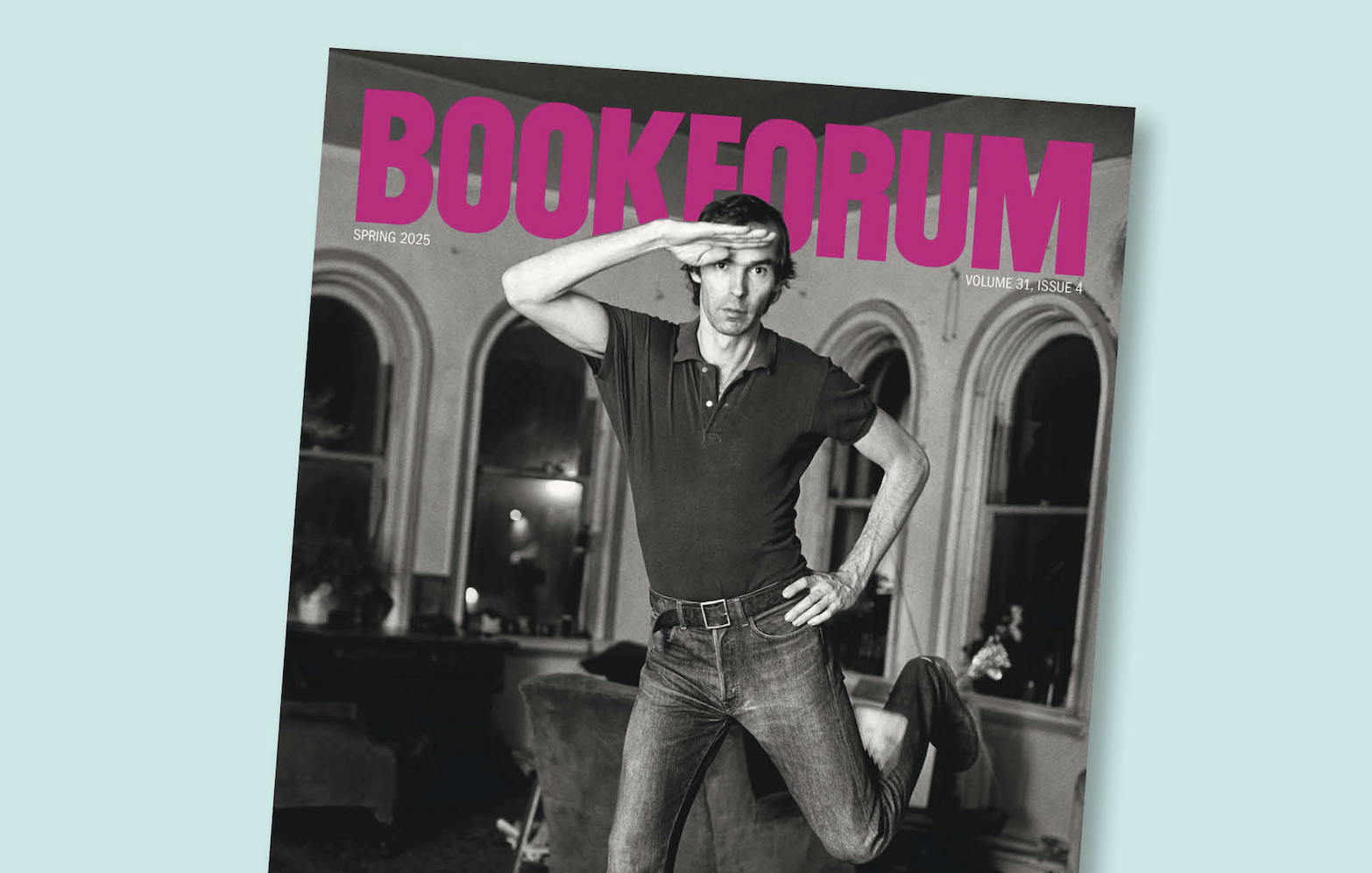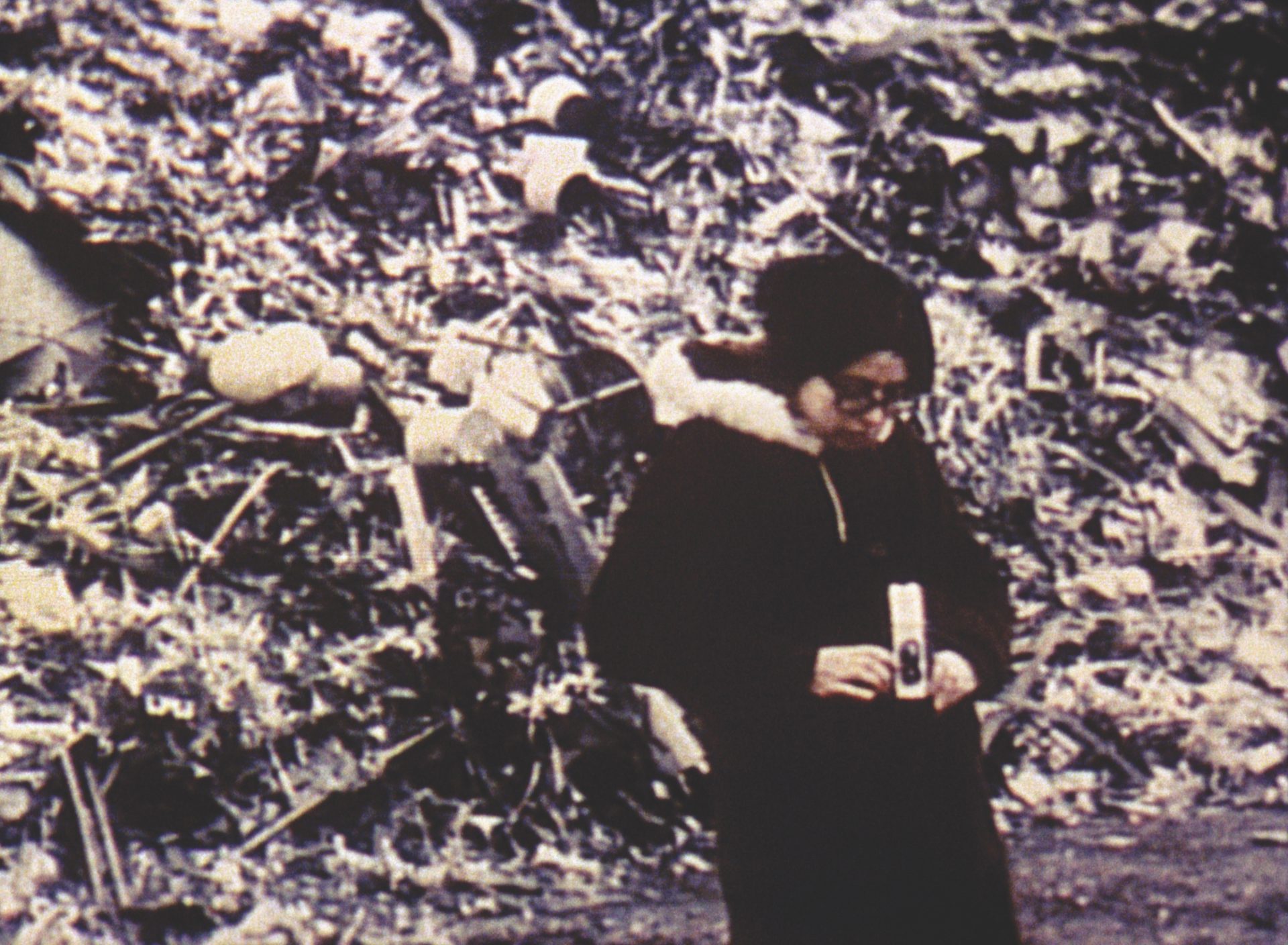
The holidays, their excesses, and the absolution of those excesses in the unblemished promise of the new year are nigh upon us. As such, I feel the need to come clean about something that seems especially timely: I am a fruitcake proselytizer. What’s more, I have successfully converted a rather large number of previously fruitcake-despising people—and they are legion—to my faith.
Like all zealots, I am discriminatory. My secret weapon in the war against the anti-fruitcakers is a very particular brand of this dessert that has been part of my family since before I was born. It is a cake that has, in addition to winning over the haters, helped to smooth over family crises and even death. Yes, it’s that good.
In my childhood, it was my Midwestern maternal grandmother who bought it. After she died, my father, who had never had much of a connection with her except via the fruitcake, was unable to fathom Christmas without it. He took over buying it. When he died, well, what can I say? That first holiday season rolled around and somehow, lost in grief as I was, the thought of the fruitcake managed to break through my muffled consciousness, providing an opportunity for some small comfort in his absence. The fruitcake! Who was going to buy the fruitcake? And so it was that I took up the candied-cherry-studded mantle. This involved the simple but incredibly gratifying act of calling the Collin Street Bakery in Corsicana, Texas, purveyor since 1896 of the DeLuxe Fruitcake—emblem of plenty, healer of wounds, delivered by mail. This cake, beloved by all of us no matter where we hailed from, actually came from a place none of us had ever been. Only the fleet-footed US Postal Service (and later UPS) has made this tradition possible. The secret of Santa Claus was uncovered, boyfriends came and went, adolescence rained its fury down on the festivities in the form of much sulking and far too much eyeliner, people married and divorced, and others, as I’ve mentioned, died. Through it all, the fruitcake was there, a delight after Christmas Eve dinner every single year and even more of one in the first dark hours of Christmas Day, when my sister and I would eat it off the previous night’s dirty dishes.
In retrospect, I was ripe to inherit the task of ordering the prized cake. I spent a large portion of my childhood sprawled on my bed with the catalogue from Swiss Colony, another decades-old American company that specializes in completely over-the-top baked goods. I don’t know how this catalogue first came into our home, but once it did, like all catalogues, it simply never stopped. Its arrival was an annual milestone, and its pages—full of Santa-embellished petits fours, Yule-log cakes, and towers of shiny-wrapped boxes and tins—were my reading material of choice until long after the holiday season was past. I was particularly obsessed with the Dobosh tortes, knocked off from the original Hungarian cake, resplendent in their stripes of chocolate buttercream and surrounded in the glossy photos by fir branches and sparkly doodads. I never once lingered over the Swiss Colony fruitcake offerings: Even then I knew better than to mess with perfection as far as dessert was concerned (calling Corsicana!).
Part of the magic, of course, was the idea that by simply filling in a form (which was what we still did in those days; in my next column I’ll be telling you about how we had to grind our own flour), these treats could be summoned to my doorstep or sent to someone else’s. The power! I never actually ordered anything from Swiss Colony, but that didn’t diminish its power one bit.
Flash forward some thirty years and Americans are wielding that power as never before. Catalogues may be heading for extinction, but we now spend billions of dollars ordering food gifts online every year, and, unsurprisingly, the biggest frenzy takes place around the holidays. Of course, now there are far more sophisticated options out there than what Swiss Colony has to offer (though I am delighted to see that this year they have not only Santa petits fours, but also some with snowflakes, and others that actually spell out “Merry Christmas”), or those Hickory Farms sausage and cheddar samplers my aunt always sent (also still available!). You can get anything from caviar to gourmet cookies to Hanukkah baskets, the makings of a pancake breakfast, and even ice cream, with a few clicks of a mouse. If you can’t be home for the holidays, you can send an entire dinner in your stead, complete with individual beef Wellingtons and Bloody Mary mix for everyone’s hangover the next morning. A filet mignon can never be the wrong size or color for a carnivore, and chocolate (probably) won’t be turned down by even the pickiest eater, so food is a safe bet for pretty much anyone on your list.
Now, some people might argue that sending food is too easy, even impersonal. There are times when this is true, but they tend to be only when the person either giving or receiving the gift is someone you don’t know, well, all that personally. In other ways, though, a gift of food has hidden value. It comes with perhaps the only commodity none of us can buy anywhere: time. If you give your friend or relative a sweater, he or she can still wear it to one of the many everyday occurrences that get in the way of leisure: a meeting, a dentist appointment, a conference call, or that boring errand to the drugstore we all put off until we find ourselves cutting off the end of the toothpaste tube to eke out the last little bit. If you send food, though, even if you did nothing but place an order, you provide an excuse to sit down for a little while, often with someone else, and enjoy it. It offers not just a delicious treat, but a moment—or more—of slow time in a world where everything moves far too fast.
I was reminded of that fact recently when I browsed the Harry & David website. Among other things (nuts, cheesecakes, potpies, flowers, and even Christmas trees), that venerable company is famous for its luscious pears, so I went to their extensive pear gifts section to see what was on offer. The choices are dazzling, and they all have one thing in common: a single piece of fruit, somewhere in the mix, wrapped in gold foil. These shining temptations reminded me of the three golden apples of the Greek myth of Atalanta. Unwilling to marry, the superhumanly speedy Atalanta proposed to her father that she run a race against any potential suitor. If she lost, she would marry him. If he lost, he would be executed (Atalanta apparently didn’t like any loose ends). After several unfortunate young men met an unhappy fate, clever Hippomenes, who was madly in love with Atalanta, asked the goddess Aphrodite for help. She gave him three golden apples to drop strategically in Atalanta’s path during the race, promising him that they were irresistible. So he did, and each time Atalanta stopped to pick one up, he gained on her, ultimately winning both the race and her hand in marriage. The couple ended up happy, all because Atalanta was forced to take her time by a gift of food. (This being Greek mythology, they were turned into a pair of lions—but happy lions!—after Hippomenes forgot to thank Aphrodite for her gift. I tend to view that as a bonus piece of Greek wisdom on the subject of giving and receiving food: Always remember to write a thank-you note.)
I haven’t started my holiday shopping yet, but I have visions of various treats in my head. I like to think of some friends down in Washington, DC, taking the time to fry up their favorite bacon and then enjoying it together some cold winter morning, and of my British nephews, whom I won’t see this year, lying quietly on the carpet after the gift-unwrapping frenzy, slowly savoring their favorite American candy. Among my orders, of course, are several DeLuxe Fruitcakes, to be delivered to all my family members’ homes. And though the bakery is selling a presliced version this year, I won’t be buying it. I like to think of the plodding work of cutting as a kind of meditation all its own, a chance to reflect on the season and how things have changed since the last time I got a knife stuck amid the dense Texas pecans. This year, I’m getting one for myself, too. Regardless of who orders it, I don’t know any sound so portentous as the weighty thunk of that box hitting the doorstep.






